Afghanistan collapsed. U.S. alliances won't.
Why the fall of Kabul is unlikely to damage America's relations with the rest of the world

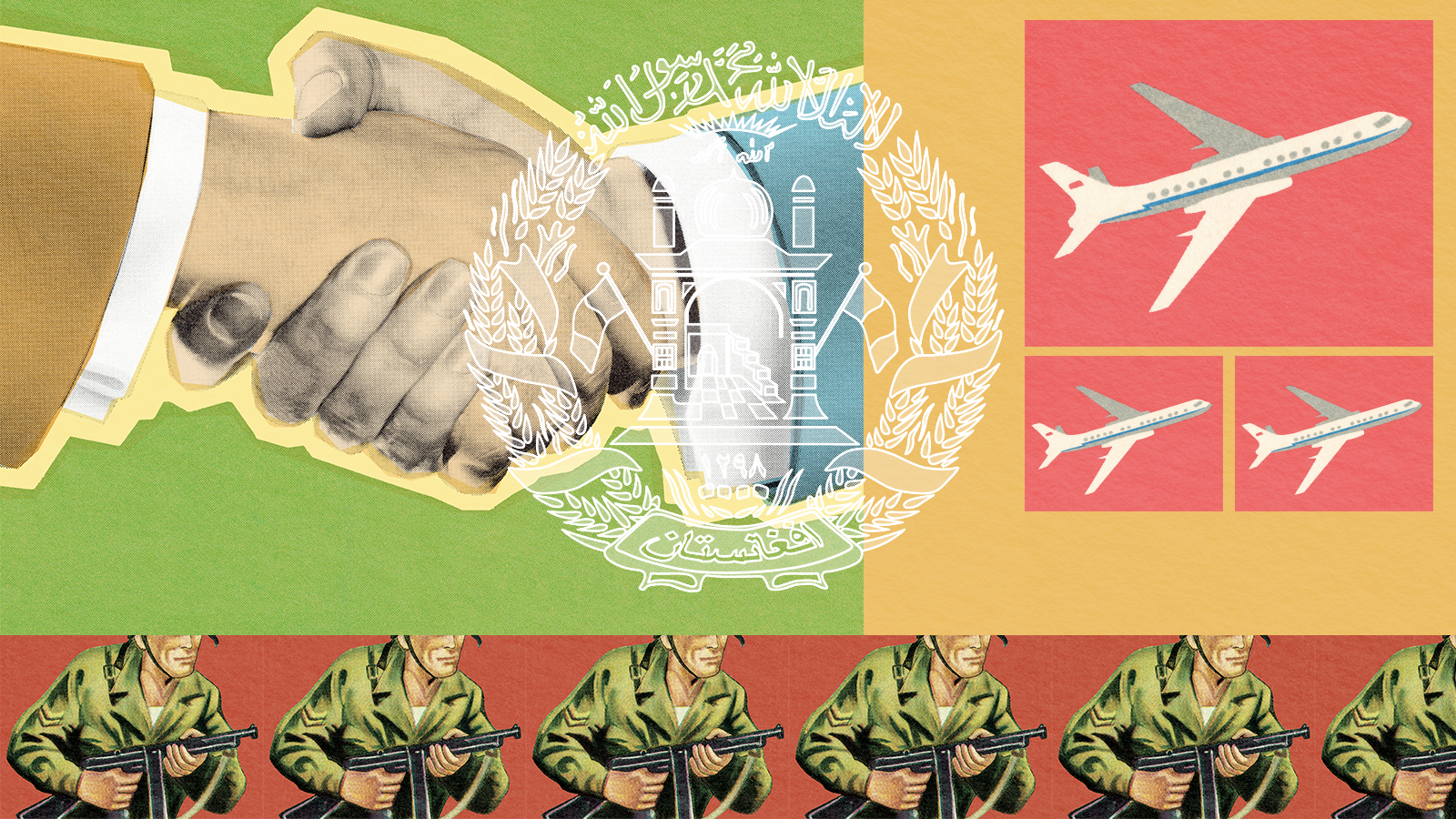
A free daily email with the biggest news stories of the day – and the best features from TheWeek.com
You are now subscribed
Your newsletter sign-up was successful
America's European allies are not happy about the withdrawal of U.S. forces from Afghanistan. In a speech last week, the EU's foreign policy official Josep Borrell described the situation as a "catastrophe." Borrell is not the only European critic. German politician Armin Laschet, who leads the ruling Christian Democratic Union, called recent events "the biggest debacle NATO has suffered since its founding." Even traditional supporters of the U.S. in the U,K,'s Conservative Party have called for re-evaluating trans-Atlantic relations. "We need to think again about how we handle friends, who matters, and how we defend our interests," tweeted Tory MP Tom Tugendhat.
Biden's domestic opponents have seized on such remarks to mount a broader criticism of the administration. In an interview over the weekend, former Secretary of State Mike Pompeo asserted that "this debacle will certainly harm America's credibility with its friends and allies." The underlying idea, which has adherents in both parties, is that American power depends on the perception that the U.S. is capable, determined, and reliable. If we don't uphold our public commitments the argument goes, why should anyone take us seriously?
It's not crazy to be concerned about potential damage to American credibility. When it comes to Afghanistan, though, there's less to worry about than meets the eye. The withdrawal has been messy and pressure is mounting to extend the evacuation beyond August 31. In the longer term, though, the fall of Kabul is unlikely to damage America's relations with the rest of the world.
The Week
Escape your echo chamber. Get the facts behind the news, plus analysis from multiple perspectives.

Sign up for The Week's Free Newsletters
From our morning news briefing to a weekly Good News Newsletter, get the best of The Week delivered directly to your inbox.
From our morning news briefing to a weekly Good News Newsletter, get the best of The Week delivered directly to your inbox.
One reason for optimism is that it's not clear that keeping commitments is the basis of states' international reputation. In an influential 2010 book, political scientist Jonathan Mercer argued that shifting policies had little influence on perceptions of credibility. Public debate on these issues is dominated by the so-called Munich Analogy, which suggests that capitulation necessarily undermines friends and emboldens foes. But analysis of a wider range of examples, such as the Cuban Missile Crisis, suggests that states can gain credibility even if they back down in a particular encounter.
And the Munich Analogy is a bad fit for Afghanistan. Rather than failing to make good on American promises, the Biden administration is keeping them. The deal to withdraw U.S. forces was concluded in February 2020 by the Trump administration. The current goal of withdrawing U.S. personnel by August 31 is a postponement of the original May 1 deadline. Rather than wavering on solemn promises to secure a temporary advantage, the Biden administration is pursuing a long-announced goal that extends across parties and administrations. In that respect, it's conduct is the opposite of Munich.
Most important, there's little evidence European critics of the withdrawal believe what they're saying about a loss of confidence in the United States. If they did, they might take greater responsibility for their own defense instead of relying on American manpower, logistics, and technology. Yet France and the U.K. are the only large European countries that meet their own commitments to spend at least 2 percent of GDP on the military. The U.S., by contrast, devotes close to 4 percent of its GDP to military purposes.
Germany is a particular laggard. Although it is Europe's largest economy and industrial leader, its military budget has only increased somewhat over the last few years, and only after heavy pressure from the Trump administration and embarrassing revelations about the incapacity of German forces. Under these circumstances, complaints about American policies in Afghanistan are little more than virtue signalling. Germany, and the EU more generally, shows neither the desire nor the ability to chart its own course.
A free daily email with the biggest news stories of the day – and the best features from TheWeek.com
To the contrary, the pattern of low spending and indifference to proposals for an EU army suggests Europeans believe that the U.S. will continue to defend them from the genuine challenge of Russia. Far from undermining NATO, the Afghanistan withdrawal restores its core purpose of maintaining stability in Europe. If credibility comes from devoting significant resources to protecting clear interests, getting out of a costly, lengthy war for nebulous purposes is helpful rather than harmful.
America's main rival isn't in Europe, though. Withdrawal from Afghanistan is the culmination of efforts extending back to the Obama administration to refocus U.S. foreign policy on China. In a speech in Singapore on Monday, Vice President Kamala Harris denounced Beijing's efforts to "coerce, to intimidate, and to make claims to the vast majority of the South China Sea."
Testing the administration's vulnerability amidst the continuing Afghanistan evacuation, Chinese officials questioned whether Asian states should believe U.S. promises. "The United States always tries to use rules and order to justify its selfishness and bullying," foreign ministry spokesman Wang Wenbi said in a press conference. "But now how many people will believe it?" Maybe he should ask Taiwan, which also spends less than 2 percent of its GDP on defense, despite the risk of invasion from the mainland. If dollars speak louder than words, they still believe in American credibility, too.
Samuel Goldman is a national correspondent at TheWeek.com. He is also an associate professor of political science at George Washington University, where he is executive director of the John L. Loeb, Jr. Institute for Religious Freedom and director of the Politics & Values Program. He received his Ph.D. from Harvard and was a postdoctoral fellow in Religion, Ethics, & Politics at Princeton University. His books include God's Country: Christian Zionism in America (University of Pennsylvania Press, 2018) and After Nationalism (University of Pennsylvania Press, 2021). In addition to academic research, Goldman's writing has appeared in The New York Times, The Wall Street Journal, and many other publications.
-
 House votes to end Trump’s Canada tariffs
House votes to end Trump’s Canada tariffsSpeed Read Six Republicans joined with Democrats to repeal the president’s tariffs
-
 Bondi, Democrats clash over Epstein in hearing
Bondi, Democrats clash over Epstein in hearingSpeed Read Attorney General Pam Bondi ignored survivors of convicted sex offender Jeffrey Epstein and demanded that Democrats apologize to Trump
-
 Are Big Tech firms the new tobacco companies?
Are Big Tech firms the new tobacco companies?Today’s Big Question Trial will determine if Meta, YouTube designed addictive products
-
 Operation Rubific: the government's secret Afghan relocation scheme
Operation Rubific: the government's secret Afghan relocation schemeThe Explainer Massive data leak a 'national embarrassment' that has ended up costing taxpayer billions
-
 The Taliban’s ‘unprecedented’ crackdown on opium poppy crops in Afghanistan
The Taliban’s ‘unprecedented’ crackdown on opium poppy crops in Afghanistanfeature Cultivation in former poppy-growing heartland Helmand has been slashed from 120,000 hectares to less than 1,000
-
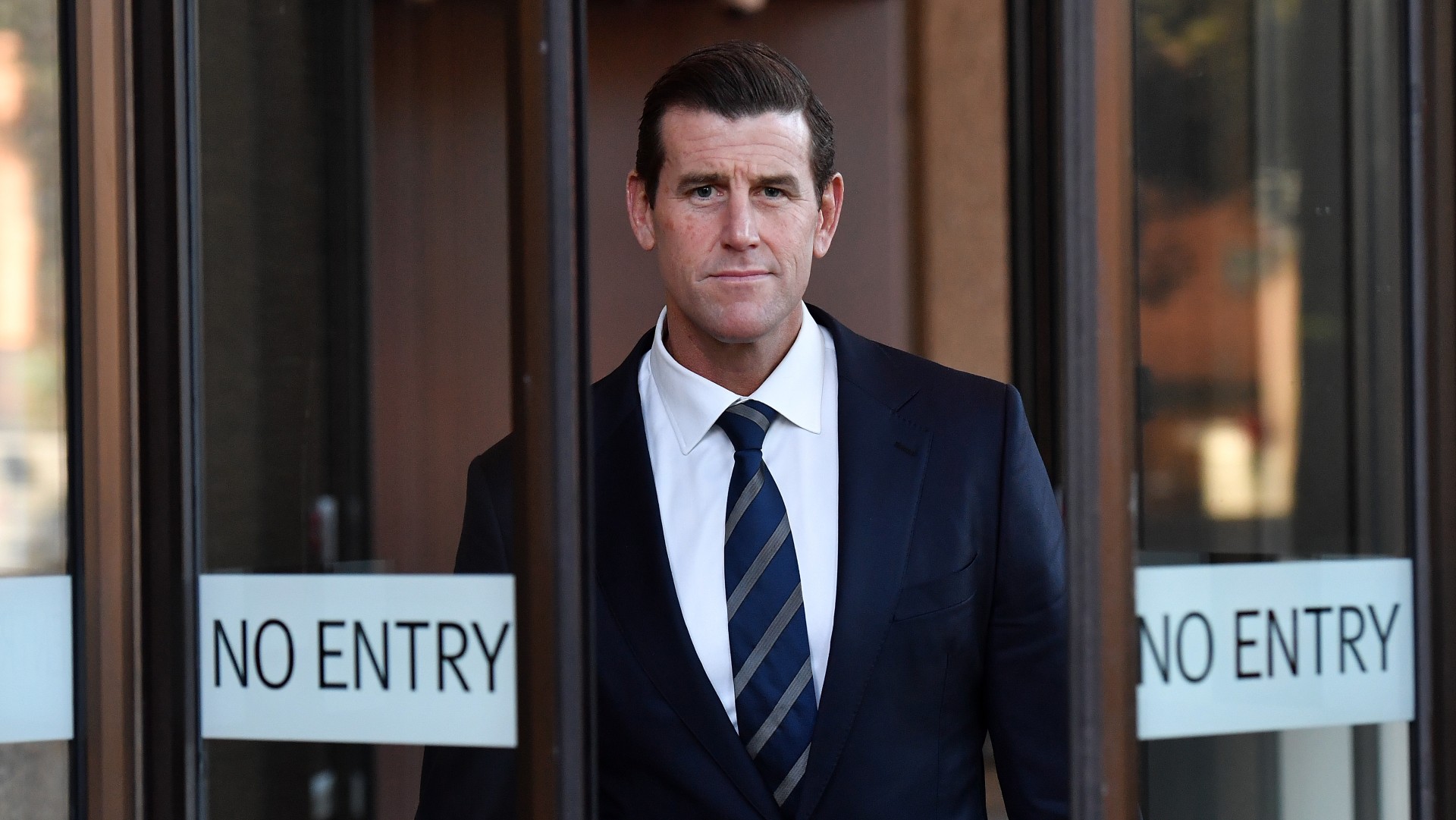 Ben Roberts-Smith: will more Afghanistan war crimes trials follow?
Ben Roberts-Smith: will more Afghanistan war crimes trials follow?Today's Big Question Former SAS soldier lost defamation case against Australian newspapers that accused him of murder
-
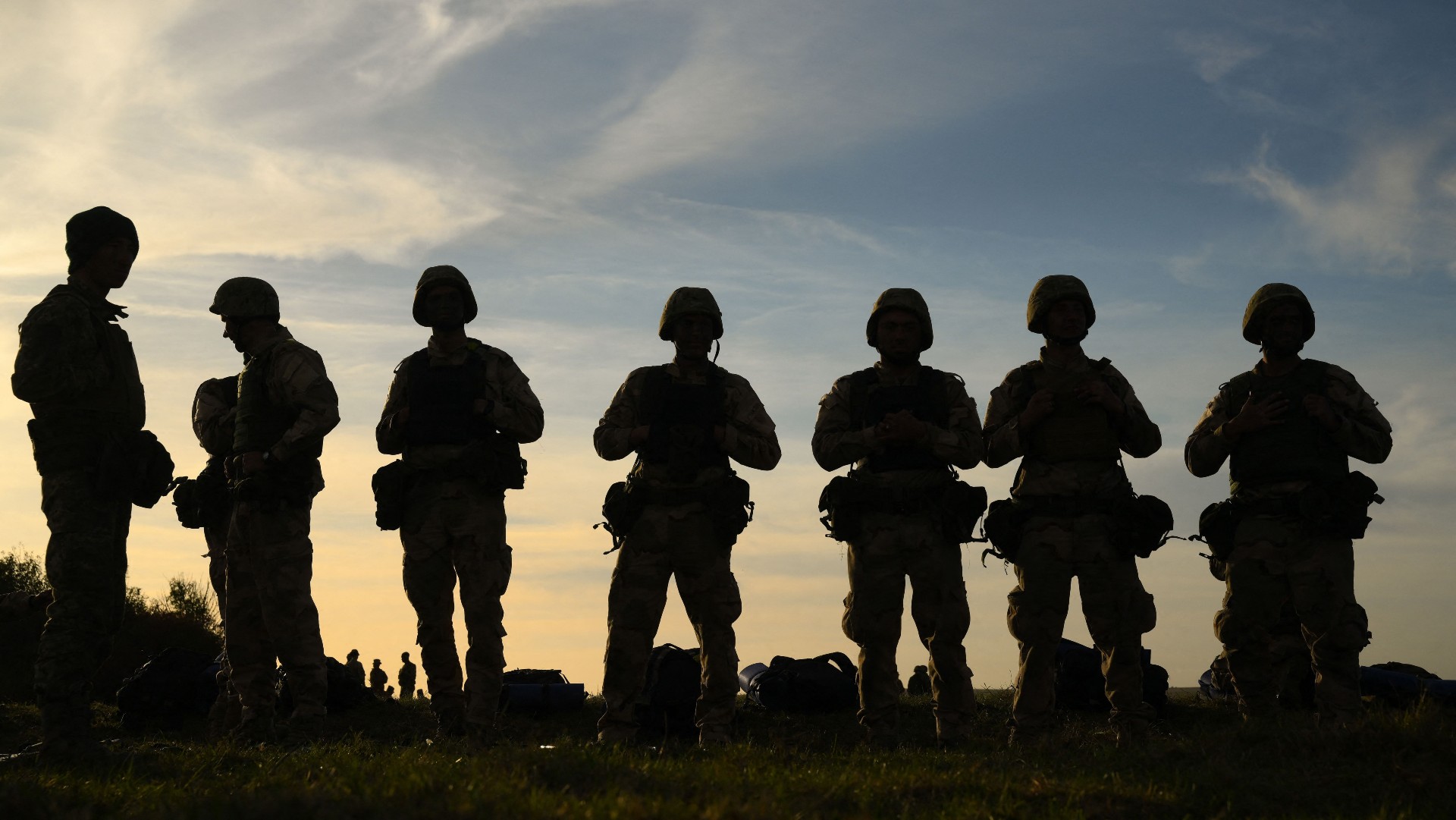 Can the UK rely on the British Army to defend itself?
Can the UK rely on the British Army to defend itself?Today's Big Question Armed forces in ‘dire state’ and no longer regarded as top-level fighting force, US general warns
-
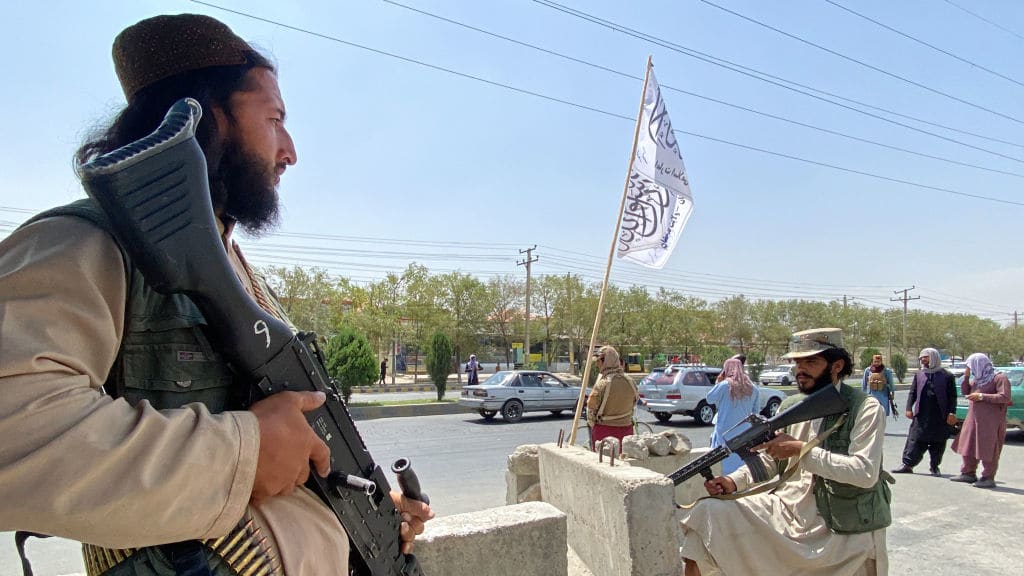 Taliban releases 2 Americans held in Afghanistan
Taliban releases 2 Americans held in AfghanistanSpeed Read
-
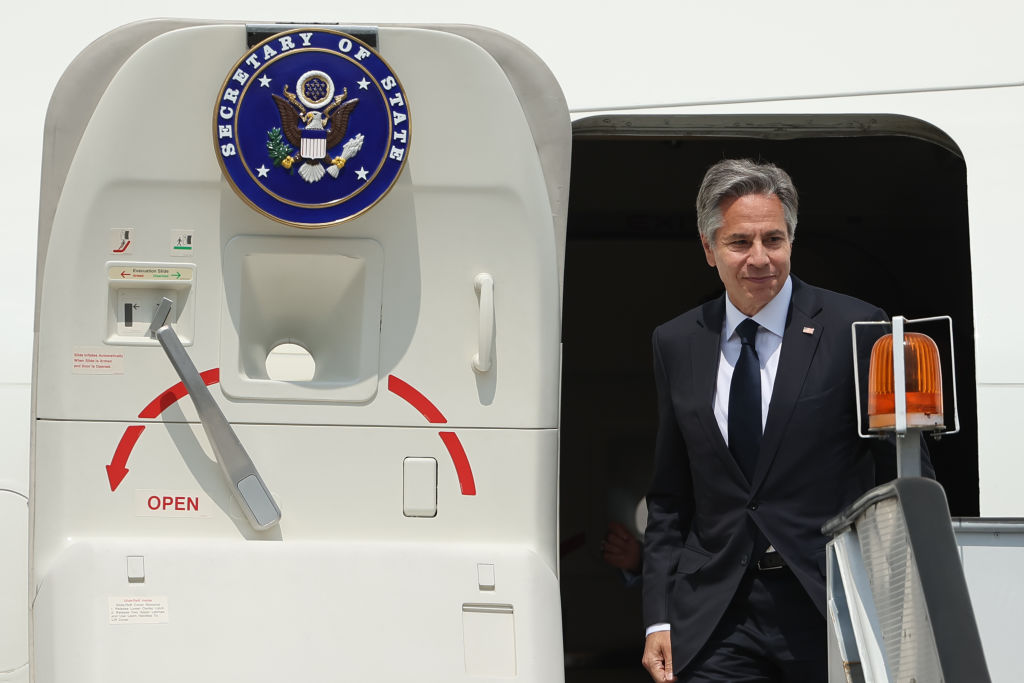 American detained in Afghanistan for over 2 years released in prisoner exchange
American detained in Afghanistan for over 2 years released in prisoner exchangeSpeed Read
-
 Afghanistan: A year after the withdrawal
Afghanistan: A year after the withdrawalopinion What did the U.S. leave behind when it pulled out of Afghanistan?
-
 Prominent cleric who supported female education killed in Afghanistan bombing
Prominent cleric who supported female education killed in Afghanistan bombingSpeed Read
